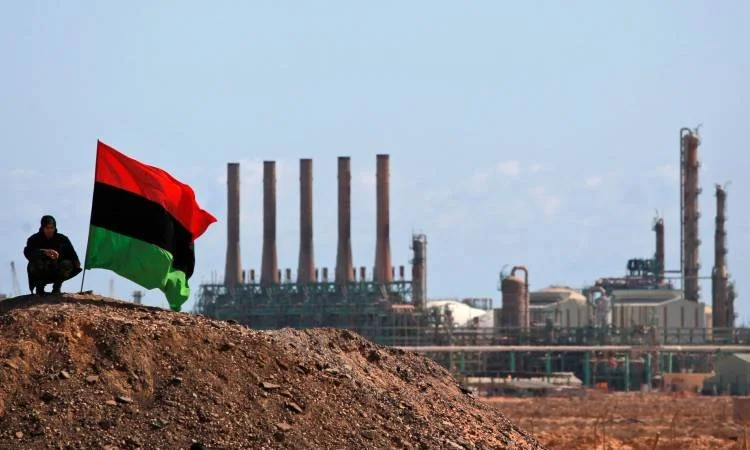In June, Friedrich Ebert Stiftung published a report entitled 'Blessing and Curse: Petroleum Profits, Control and Fragility in Libya’, written by Matt Herbert and Emadeddin Badi. The report assessed that Libya's petroleum wealth fuels both stability and instability - socio-politico fragility, which the report says stems from disputes over political control, profiteering, and corruption linked to the illicit economy, is interlinked with oil and natural gas production. Herbert and Badi found that petroleum profits have provided citizens and the state with an economic buffer, offsetting traditional impacts of weak state capacity and violence. However, wealth contestation over resource sharing has driven Libya's ongoing conflicts. The report stated that the Petroleum Facilities Guard (PFG), despite being tasked with protecting infrastructure, are key disruptors due to their continual blockage of oil fields as a way to press demands for late salaries. The report examines the history of the PFG and how they have recently fed more into Libyan fragility as the security landscape has changed with the encroachment of foreign troops, rival PFG groups, and economic challenges. The report concludes by offering solutions to help address this fragility, including lessening localised tensions through economic and employment promotions, developing disarmament and demobilisation plans for the PFG and other armed groups operating in oil and gas production areas, and working towards a national reconciliation dialogue on resource sharing.
Read the full report here.

